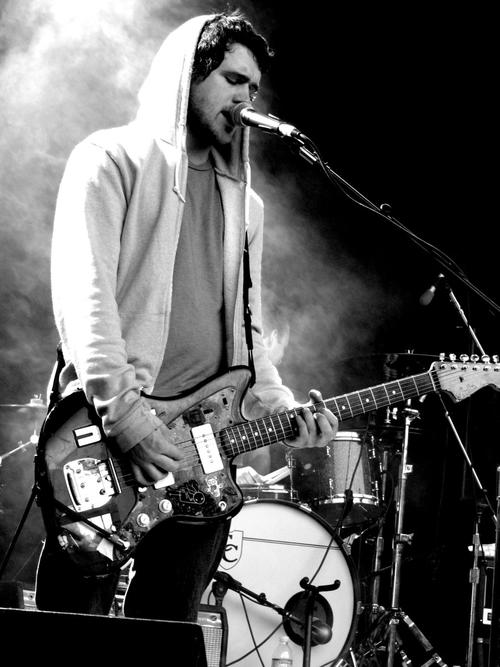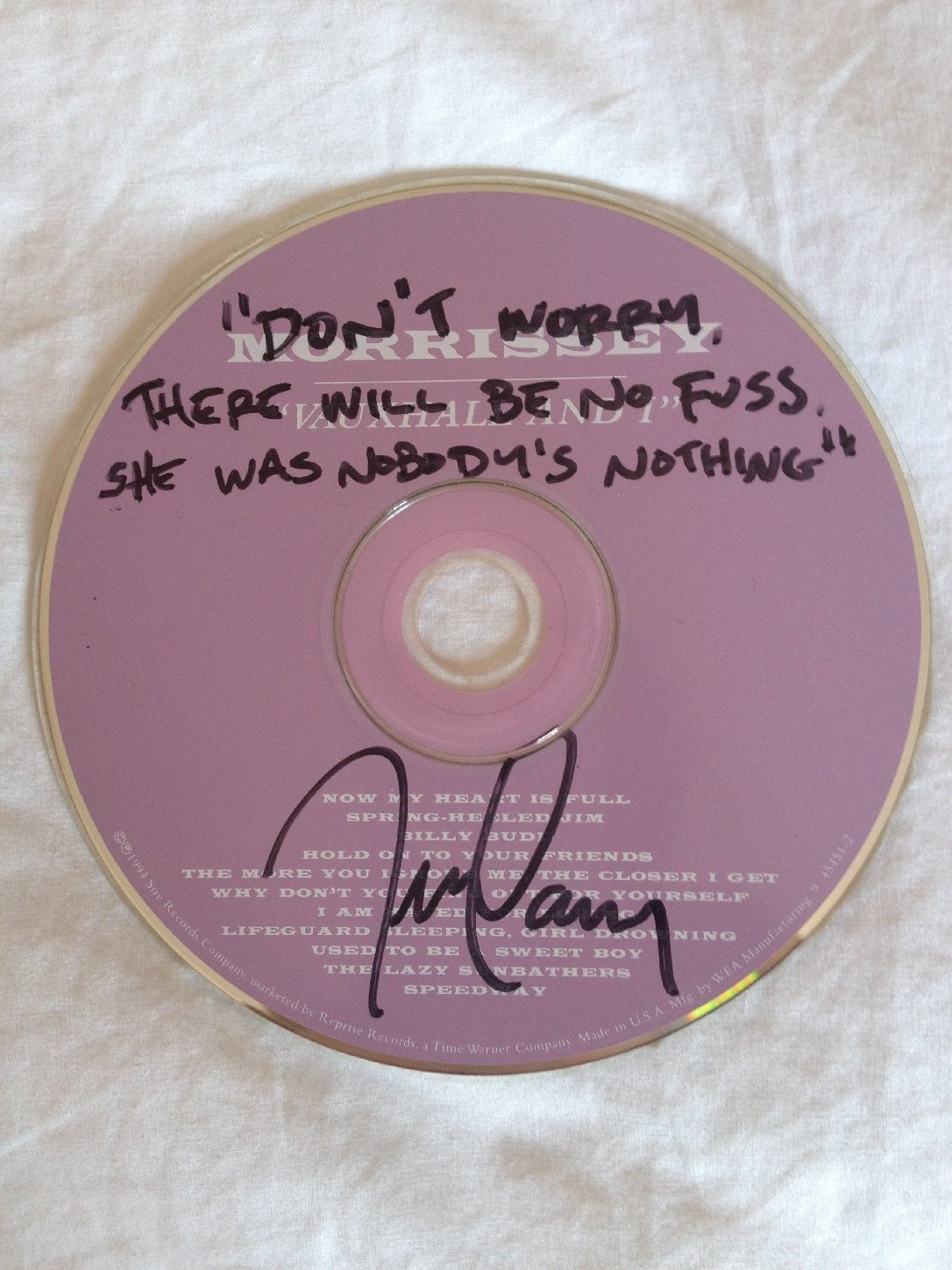On April 2, 2002 I had tears in my eyes. I attended the Dashboard Confessional show at the Funhouse Night Club in Lackawanna, New York and by the finale, I was one among everyone screaming out the last refrain to “The Places You Have Come to Fear the Most” and feeling as though finally—as a 19-year-old young man about to graduate from his adolescence—somebody understood me. That somebody was Chris Carrabba, also known as Dashboard Confessional, a band that helped to lead one of the most hot-blooded movements in music: emo. While at many live shows, you might roll your eyes at that drunken girl beside you singing louder than the band, at any show considered emo (especially DC), your exploding vocal cords and welling eyes were not only welcomed, but warranted.
Those of you out there who consider yourself hardcore or punk fans (XXX and all) cringe at the word emo and what it has become. The word stems from the longer term “emotional hardcore” or “emo-core," a subgenre of both the aforementioned scenes. Emerging in the early '80s and then “disappearing” for years, emo had what I consider its heyday (or perhaps its break into the mainstream) in the late 20th / early 21st century, heavily influenced by '90s bands Sunny Day Real Estate and Jawbreaker. See the likes of Saves the Day, The Get Up Kids, Jimmy Eat World, The Juliana Theory, The Promise Ring. Even bands like Death Cab for Cutie, Weezer, and Bright Eyes could be considered emo depending on both who you’re talking to and what album you’re talking about. While the genre does have its defining characteristics, who and what are emo are as debated as who and what are hipsters.
And then there was fashion. Stores like Hot Topic took this trend and capitalized. Why go to a Starting Line show and buy a tee shirt when you can just buy one at a store, wear it, and pretend you went to the show? Why go through all the trouble of having your artist friend design you a hollowed-out star tattoo when you can just buy a temporary one and then wash it off when it’s time to go to Olive Garden with your grandparents? Like any movement mass marketed, things start to become stale and lame, or at least, popular opinion would have you think so. It’s surprising something as unappreciated as sensitivity became such a thing, but not surprising that it quickly died out, thick-framed glasses broken in two.
Andy Greenwald’s book Nothing Feels Good: Punk Rock, Teenagers, and Emo described emo as “over the top lyrics about feelings wedded to dramatic but decidedly punk music.” And I agree. Lyrically, I believe so much of what these bands have written was inspired by not only The Smiths, and by not only one Smiths’ song but one specific line in “There Is a Light That Never Goes Out”: and if a double-decker bus / crashes into us / to die by your side / is such a heavenly way to die. Simultaneously blending macabre imagery and corporeal emotion with devotion and pure melodrama, Morrissey strikes emo gold. From these words came some lines that came to define new emo. Here are five of my favorites:
Brand New: If looks could really kill, then my profession would be staring.



